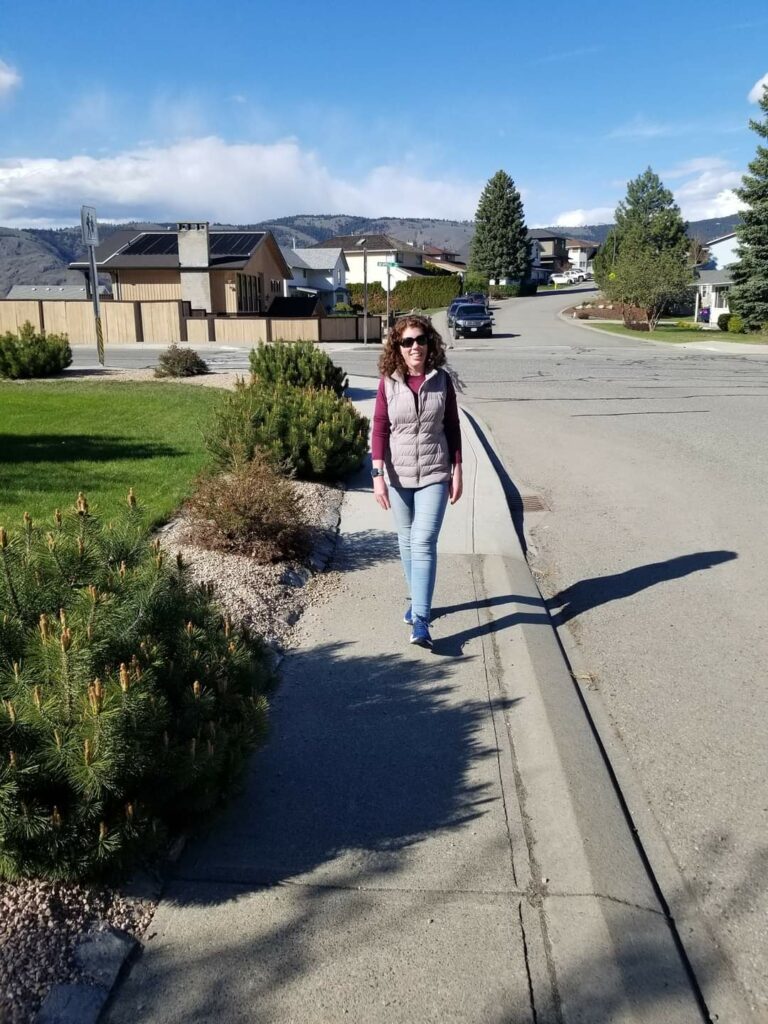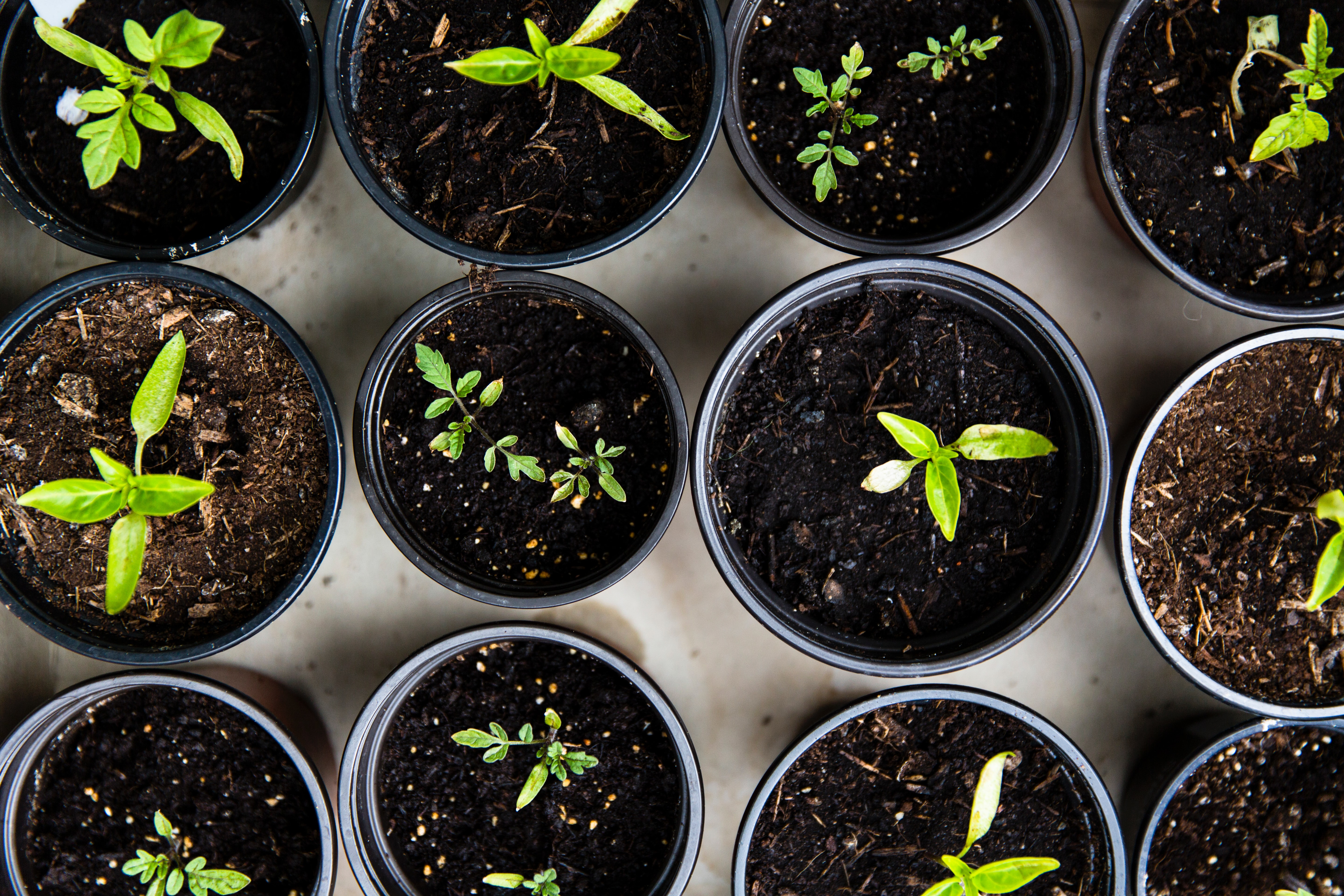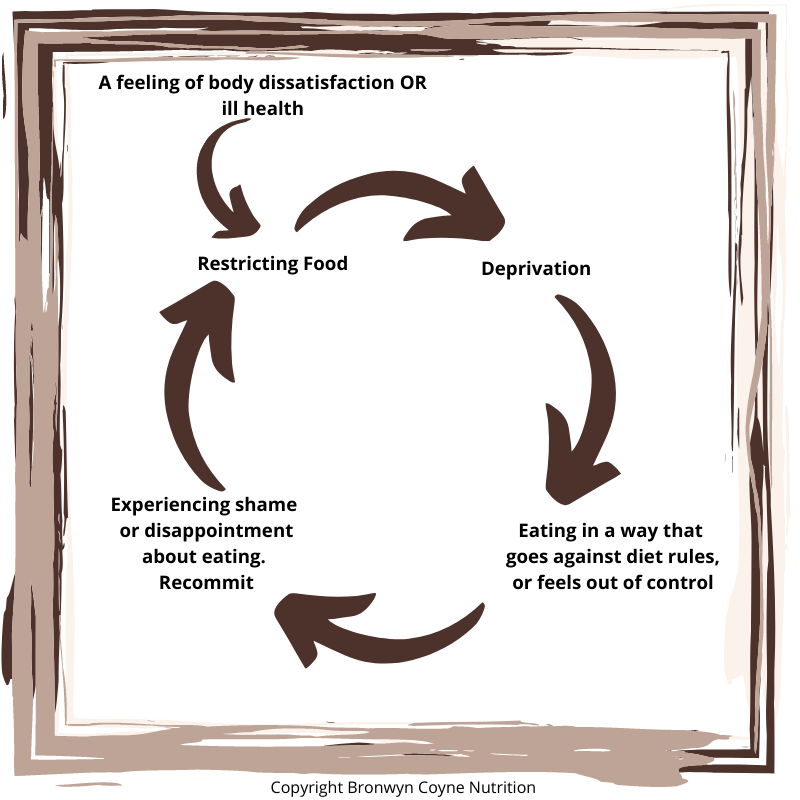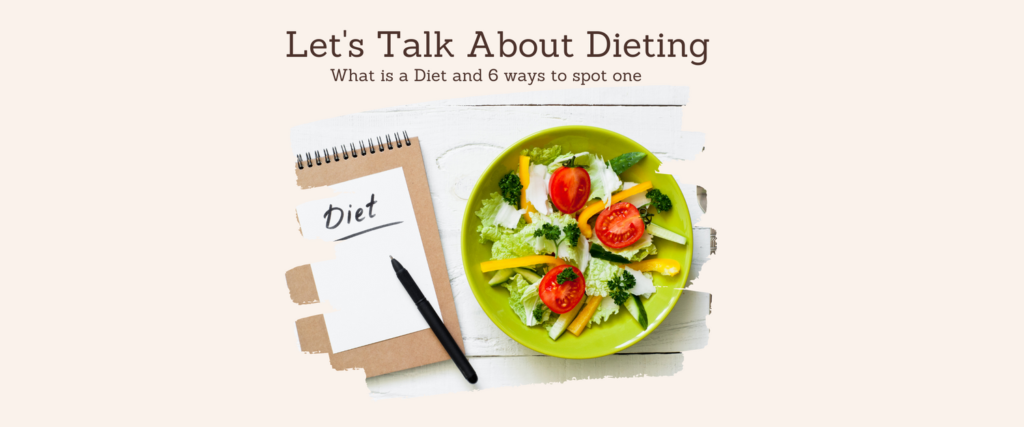Let’s talk about Hunger
There are two physical sensations that are part of our relationship to food and eating: hunger and fullness. I know that these seem straight forward, but a lot of my work with clients focuses on these sensations. External narratives disrupt our ability to tune in to the sensations, feelings and signals offered by our bodies.
What is hunger?
At it’s most basic hunger is a signal from our body that we need fuel. Our gas tank is empty and to go forward in our day we need to fill it up. That’s it, hunger is like the “E” on a car.
Diet culture tries to convince us that hunger is bad, a villain even, that makes achieving our ideal body impossible. This is a lie, and a dangerous lie, because we do everything in our power to avoid hunger or ignore it when we do experience it. Ignoring hunger means our body may stop telling us when we need to refuel, and instead take action to protect us from what it believes is a famine. Which for many folks is the opposite of what we would like.
What hunger might feel like
Most of us are familiar with the idea of the rumbly grumbly stomach reminding us to eat, but did you know we might experience different sensations that indicate hunger? Let’s look at a few other signs that you might be hunger
- Tiredness/lethargy: food is fuel, and when we aren’t properly fueled, we get tired or lethargic. This is because our body is going to slow processes down to conserve the fuel available in our body (either what remains from when we last ate, or the fuel we keep stored in various forms).
- Irritability: I’m sure many of us have heard the term “hangry” by now, that idea that we are hungry + angry. This is a real phenomenon. Many dieters will tell you that they are not nice people on a diet. Our fuse is shortened because we don’t have a lot of energy.
- Dizziness/light headedness/head rushes/headaches: again when we don’t have fuel our body slows things down, this includes lowering our blood pressure, which means we might experience dizziness or a head rush when changes “elevation” (going from sitting to standing). Also we are depriving our brain of fuel as well, so we might not be focusing on tasks all that well.
- Feeling shaky or unsteady: very much related to the one above, when we don’t have enough fuel we might find ourselves feeling shaky or unsteady when we move (even in simple ways). If you’re a runner or athlete, you might recognize this from going too long without eating, and hitting a wall. But you do not need to be doing great athletic feats to have this, you simply need to be hungry.
- Nausea: I know, why would our body be nauseous if it really wants us to eat? Our stomach continues to work even when empty, and the nausea might come from the stomach acid hitting our esophageal sphincter or from our stomach continuing to contract despite being empty.
Why it is important to be aware of other signs of hunger
For some people reading this, they might first experience a rumbly tummy, which they ignore, and then they might get a bit tired and irritable, and if they continue to not eat (at this point the rumbling might have stopped) they begin to feel dizzy, shaky and nauseous. Unfortunately some people continue to not eat even then. For other people, this may lead to overeating in large amounts as survival instincts kick in.
But it can be important because not all of us experience such a straight line of hunger. We might skip the rumbling hunger, and go straight to lethargy or irritability or even to the shakiness. This is normal and might depend on what foods you ate at a meal, and how much. It can also depend on how well you’ve been responding to your body’s signals. Simply put: bodies are not machines, and we do not experience hunger in a straight forward way all the time.
A personal anecdote to help explain
I have great hunger signals, and I listen to them all the time, and sometimes they don’t show up as a rumbling stomach. I have two examples.
The first is when my husband and I have pancakes or waffles for breakfast. Yum! However, when I start my day with waffles or pancakes, I do not experience a rumbling stomach before I start to feel tired. If I tried waiting for a rumbling stomach, I would become dizzy or shaky first. Does this stop me from eating pancakes or waffles? No! It means I plan to eat three or four hours after that meal, no matter how I am feeling.
The other experience I have where there is no rumbling stomach is when I’m running. Sometimes when I’m running and haven’t eaten enough beforehand, I get shaky and light headed first. So I make sure to eat a good sized balanced meal before my runs, rather than a smaller snack. And if I’m going to be running far enough, I bring food with me just in case.
A note on “types of hunger”
Many folks I work with have been told in various diets that there are types of hunger. The most common way I’ve heard this explained (and explained it myself before I became a truly anti-diet dietitian) is as heart, mouth and physical hunger. Physical hunger is often held up as most valid, and the only reason to eat.
This is explained sometimes by things like: how do you know you are truly hungry? Would you eat an apple instead of that sugary snack you want? No? Then you are not hungry.
This is an absolute load of crap. Hunger cannot be parsed out into three distinct categories, very few of us experience a single type of hunger at a time. We’re all a mix, a complicated swirl of many sensations at once.
This is just one more lie that diet culture has given us, another way to confuse us about eating and food.
And also – this might be the lesson that is hardest to let go of, or even to see. Because it sounds so appealing and so simple.
If you struggle with hunger
Just remember: you are not alone. So many of us have been taught only a single sign of hunger: the rumbly tummy. And many more of us have been taught to vilify hunger, to see it as the enemy. We’ve also been taught some strange things about how to “outwit” hunger by doing things like drinking water, or going for a walk instead.
Hunger is not the enemy, it is simply the body’s way of telling us our fuel tank is low to empty. While humans can survive without food when hunger strikes, it doesn’t help us in the long run to ignore this signal. Neither are cravings or emotions bad when they’re a part of the process of choosing to eat.
Reach out today for a discovery call or an initial assessment if you feel like hunger is a confusing thing for you. Let’s figure out together how to help you truly fuel your body.
I’ll write about fullness in the future, because again diet culture has done some crazy things to us around vilifying the experience of satisfaction and fullness when it comes to our eating.




